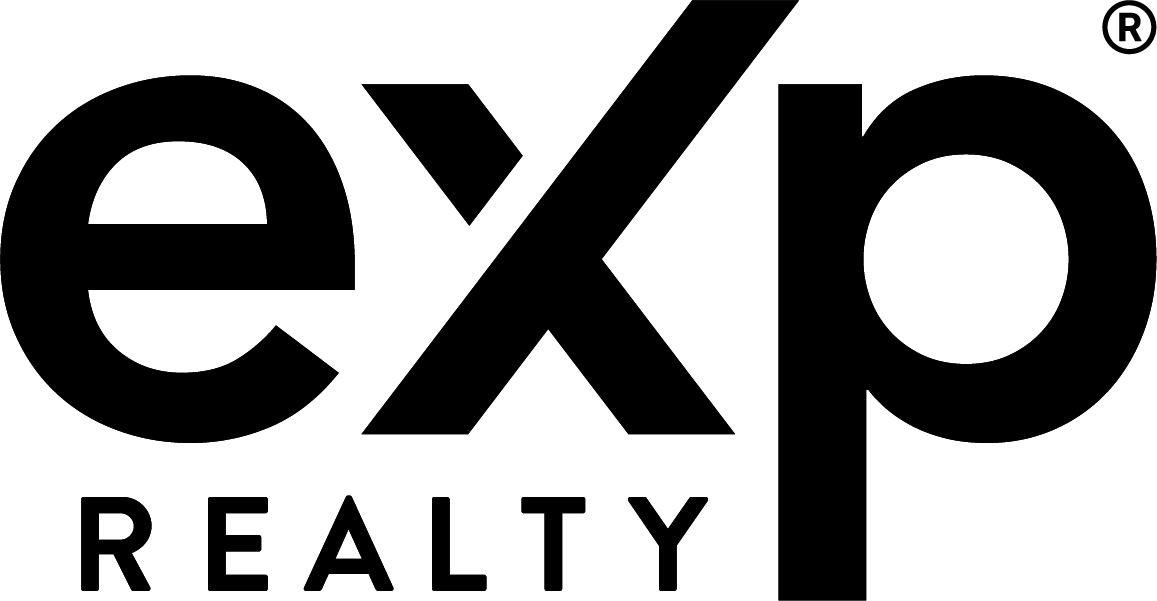A few years there was a group of cabins on North Beach Road for sale on the Salt Spring MLS. Some of you might remember them. I was just shocked when they were first listed. I sent a letter to the managing broker of the company that had them listed and explained the land is in the ALR and that what they were doing was actually leasing the buildings without an interest in the land. They changed their listing info and made it clear that the purchase did not include the land. I was still skeptical and did not show the cabins to any of my clients. What would they be buying? What would preclude the landowner from evicting the cabin owners? The lease they were selling was for 99 years but there were no leases that I knew about registered on title. Today I feel like I was right and vindicated for my position on those cabins.
This was just sent to me from the BCREA (British Columbia Real Estate Association)
In 2001, Lakefront Ranch Inc. (Lakefront) owned 320 acres of land in central BC. The property was situated within the Agricultural Land Reserve (ALR) and therefore subject to the Agricultural Land Commission Act (ALC Act) which prohibited the subdivision of land within the ALR into smaller parcels except in extraordinary circumstances.
The shareholders of Lakefront were four separate companies, each of which held 25 per cent of the shares of Lakefront. One of those shareholder companies was Mushroom Farm Inc. (Mushroom). A single individual controlled each of the four shareholder companies, and through them Lakefront.
Lakefront and each of the four shareholder companies entered into a Shareholders Agreement and Declaration of Trust (Agreement) whereby Lakefront was said to hold the property “as trustee for the shareholders and their successors.” Pursuant to the Agreement, the property was informally divided into four parcels and each of the shareholders was given exclusive possession of one of those parcels.
The Agreement characterized the rights of the shareholders to those unsubdivided parcels as an interest in land. The Agreement also made it clear that the purpose of the scheme was to avoid the unsecure and costly process of subdivision which, at trial, all parties agreed was unlikely to have been approved given the restrictions of the ALC Act.
The shares of Mushroom were transferred to new owners but the single individual continued to retain control of the other three shareholder companies and thus control of Lakefront. Over time Mushroom and Lakefront had a disagreement over their respective rights and obligations under the Agreement and Mushroom eventually sued Lakefront for failing to comply with its obligations
In what can only be described as legal chutzpah, Lakefront successfully argued that it was not bound by the Agreement (which was drafted by Lakefront itself) because the Agreement was illegal in that it offended Section 73 of the Land Title Act (LTA). Section 73 prohibits the subdivision of land into smaller parcels except in accordance with the LTA, which all parties agreed was not followed.
In agreeing with Lakefront,1 the court followed a 1996 decision of the BC Court of Appeal2 which held that an attempt to grant rights of occupation to a portion of land without first subdividing that portion offended the policy objectives of Section 73. As a result, the court determined that the Agreement was unenforceable to the extent that it purported to convey an interest in land to Mushroom.
From time to time REALTORS®, acting either for buyers or sellers, may encounter schemes which purport to grant exclusive possession to unsubdivided portions of a larger parcel of land. Some schemes may be similar to the scheme described in the Mushroom Farm Inc. case, others may not. Some schemes may offend Section 73 and others may not.
The validity of each scheme will be determined by the specific facts and circumstances involved. When confronted with a scheme that purports to create rights of occupation to an unsubdivided portion of land, REALTORS® should proceed with great caution.
A REALTOR® representing a seller wishing to sell a right to occupy an unsubdivided portion of land (either through the sale of shares or otherwise) should:
A. ensure that the seller obtains legal advice with respect to the legality of the interest the seller wishes to sell in light of Section 73 and the Mushroom Farm Inc. decision, as well as the provisions of the Real Estate Development Marketing Act (REDMA) as they apply to the marketing of cooperative and shared interests in land;
B. ensure that any representations made by the REALTOR® are consistent with the advice provided in (a); and
C. recommend that any unrepresented buyers obtain legal advice with respect to the interest they are acquiring in light of Section 73 and the Mushroom Farm Inc. decision and REDMA.
A REALTOR® representing a prospective buyer of a right to occupy an unsubdivided portion of land should ensure that their client, before making an offer to purchase, obtains legal advice with respect to the legality and extent of the interest being offered for sale in light of Section 73 of the LTA, the Mushroom Farm Inc. decision and REDMA.
Brian Taylor
Bull Housser LLP
Revised July 2015
1. Mushroom Farm Inc. v. Trike Ranch Inc., 2013 BCSC 1294.
2. International Paper Industries Ltd. v. Top Line Industries Ltd., (1996) 135 DLR (4th) 423.
“Copyright British Columbia Real Estate Association. Reprinted with permission.” BCREA makes no guarantees as to the accuracy or completeness of this information.
I’m not always right but if something looks too good to be true it’s probably not true.
Cheers,
Scott & June Simmons
The Salt Spring Team
